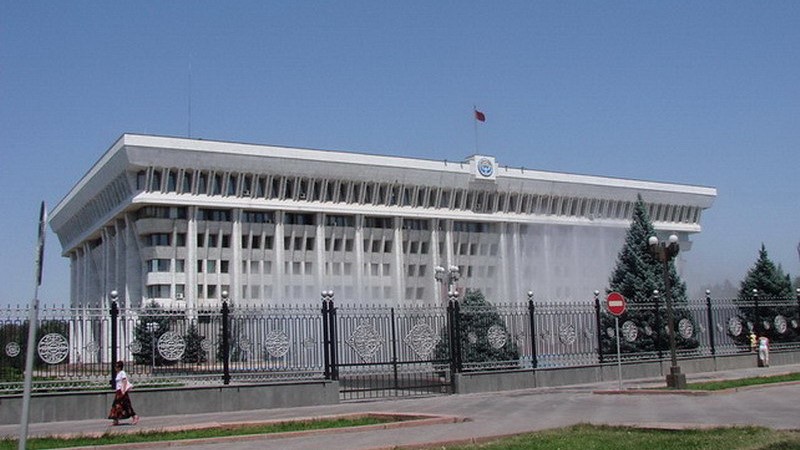Russia's War in Ukraine: Implications for Central Asia
By Johan Engvall
March 14, 2022
Russia’s invasion of Ukraine and the West’s economic response to it has put Central Asia in a precarious position. As part of what Moscow perceives as its sphere of interest, the repercussions of Putin’s war are bound to affect the Central Asian countries particularly hard. While anything but static, the nature of the Russia-Central Asia relationship still enables Moscow to retain a strong influence in the region. Russia remains the dominant security actor in Central Asia, even more so following the U.S. withdrawal from Afghanistan. Their economies remain closely interlinked with Russia, and at the political level, a distinct type of post-Soviet authoritarian leadership model with roots in the Soviet system facilitates political dialogue. Western disengagement from the region has left them more vulnerable, but the unpredictable consequences of Russia’s military adventurism might force them to realign their external relations.
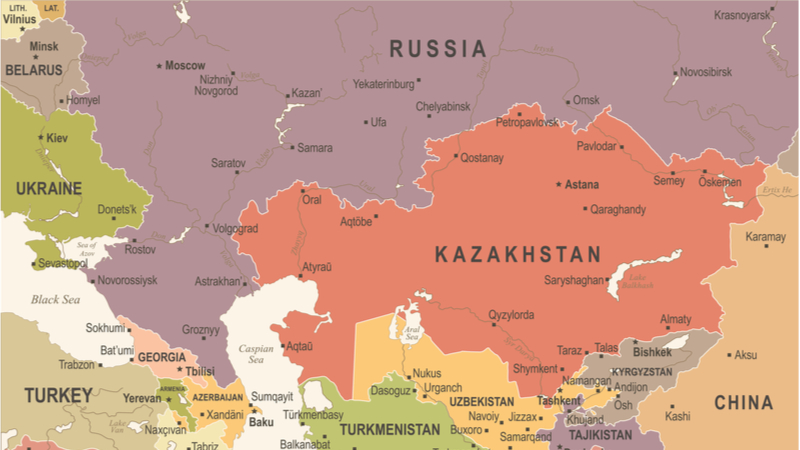
Did Cryptocurrency Miners Crash the Central Asian Power Grid?
By Tony Pizur
February 22, 2022, the CACI Analyst
On January 25, Kazakhstan experienced widespread power outages that also affected neighboring Uzbekistan and Kyrgyzstan. Decaying infrastructure and increasing energy demand from cryptocurrency miners were blamed for the failure. Crypto operations are controversial because they divert scarce electricity resources from traditional household and industrial uses. After China’s complete ban on cryptocurrency activity last year, Kazakhstan was unprepared to accommodate the sudden influx of displaced crypto miners; nevertheless, the country quickly became the world’s second-largest source for newly minted bitcoins. Stopgap measures to restore power included patching physical infrastructure, sourcing electricity from Russia, and temporarily banning cryptocurrency mining.
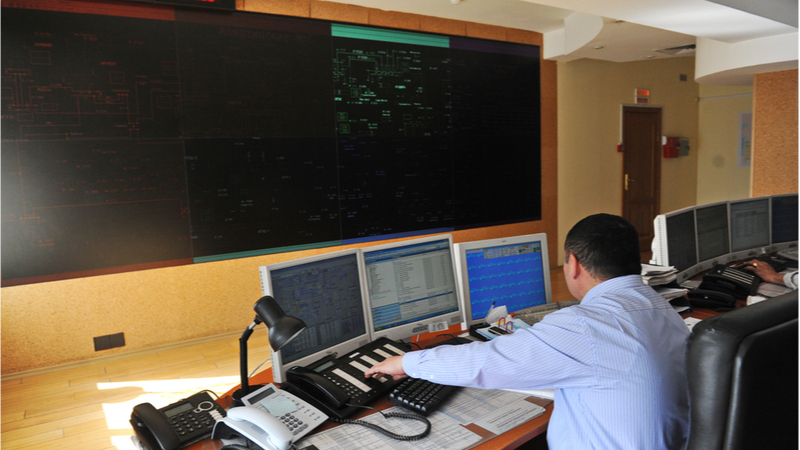
The “Last Soviet Children” Complete Takeover of Kyrgyz Politics
By Johan Engvall
Deceber 15, 2021, the CACI Analyst
Kyrgyzstan’s recent parliamentary vote may not have been the most inspiring in the country’s modern history of competitive elections. The incoming parliament had its powers slashed because of the return to a strong presidential form of government and the parties that received the most votes in the elections are pro-government. While the new legislature appears unlikely to wield strong influence over policy formulation, it nonetheless reflects a decisive and permanent generational shift that has taken place in Kyrgyz politics. The representatives of the older Soviet-era generation are largely out of the government of the state, replaced by “the last children of the Soviet Union”, now in their mid-40s. But who are they?
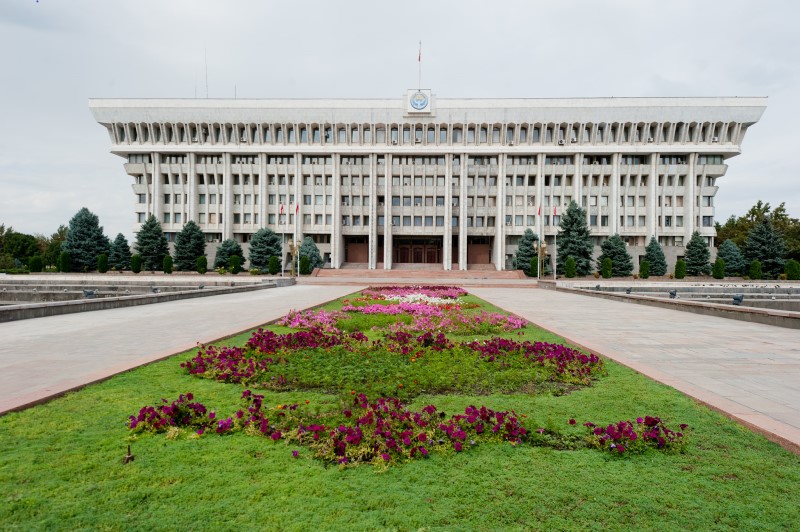
Kyrgyzstan's Initiative: A small land shows Washington a way forward
By S. Frederick Starr
November 23, 2021, the CACI Analyst
Relations between the U.S. and Kyrgyzstan have been in a slump since the small country closed the U.S. air base at Manas in 2014. In the limited attention Washington has accorded Central Asia since then, Kyrgyzstan has not figured in a visible way. This could change: new nationalist Kyrgyz President Sadyr Japarov appears to have concluded Kyrgyzstan must balance its over-dependence on Russia and China. Bishkek has embarked on a path of cordial and productive engagement with the West, and especially the United States. His government prepared a document setting forth a full range of new relations with Washington and transmitted it to the U.S. State Department. It remains to be seen whether Washington will embrace President Japarov’s bilateral initiative and perhaps even expand beyond it by adding initiatives and projects of its own.
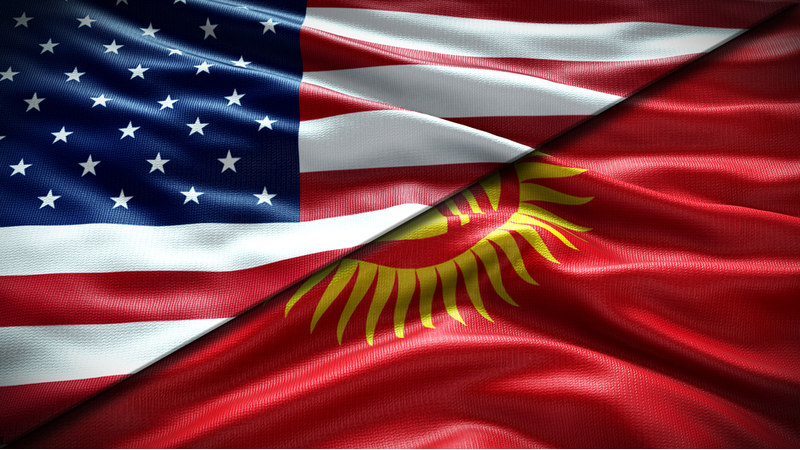
Explaining the Kyrgyz-Tajik Border Clash: Hypotheses in Search of Corroboration
By Richard Weitz
July 14, 2021, the CACI Analyst
A century ago, the Italian author Luigi Pirandello wrote a three-act play entitled “Six Characters in Search of an Author,” which explored the difficulty of differentiating between illusion and reality. The analyst of the recent border clash between Kyrgyzstan and Tajikistan faces the same challenge. The event, which saw the most serious fighting between independent Central Asian republics, offers several plausible explanations with divergent policy implications.
